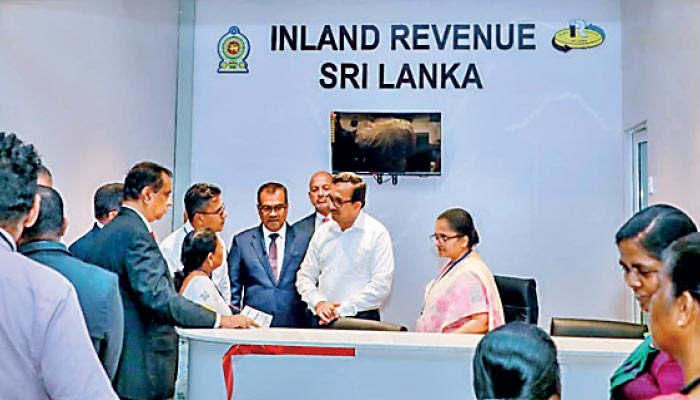
Sri Lanka Revives Tourist VAT Refund Scheme to Boost Spending and Formal Retail Growth
- CNL Reporter
- July 8, 2025
- News, Travel and Tourism
- tourist
- 0 Comments
NEWS OF THE DAY
Sri Lanka has reintroduced its Tourist VAT Refund Scheme (TVRS) as part of a broader strategy to enhance tourist spending, increase formal sector participation in the retail trade, and improve overall tax compliance. The revival of the scheme is expected to stimulate higher-value purchases from international visitors while supporting local industries such as gems, jewellery, and handicrafts.
Globally, VAT refund schemes have proven effective in driving tourist shopping, especially in countries that position themselves as retail and cultural destinations. For Sri Lanka, a prompt and transparent VAT refund process could significantly enhance its competitiveness in the regional tourism market. The ability for tourists to claim back taxes encourages spending at licensed outlets, indirectly increasing state revenue while promoting formal business practices. Additionally, in a post-crisis economy where tourism is vital for foreign exchange earnings, initiatives like the TVRS can play a key role in economic recovery.
The official relaunch of the TVRS took place on Friday at the Departure Terminal of Bandaranaike International Airport (BIA), where a new VAT refund counter was unveiled. The opening ceremony was attended by Industries and Enterprise Development Minister Sunil Handunneththi and Labour and Deputy Finance Minister Dr. Anil Jayantha.
Under the revamped system, tourists who are over 18 years of age, have stayed in Sri Lanka for fewer than 90 days, and have made qualifying purchases over Rs. 50,000 (excluding VAT), are eligible to reclaim the VAT they paid, provided they produce the required documentation. The process is designed to be accessible and efficient, offering rebates on a range of locally produced goods.
The policy framework for the scheme’s reintroduction was approved by the President on 14 March, following joint proposals by the National Gem and Jewellery Authority (NGJA) and the Industries Ministry. Minister Handunneththi noted that the scheme would serve dual national interests—supporting the country’s craft and manufacturing sectors while reinforcing tax compliance in retail. He commended the NGJA for initiating the proposal during the first meeting of the Export Development Council of Ministers (EDCM) under the current administration.
Officials from the Inland Revenue Department (IRD), NGJA, and other government bodies were also present at the launch, reflecting a coordinated effort to ensure the program’s success.
The TVRS is expected to position Sri Lanka more favorably among global tourist destinations by aligning its retail and tax systems with international best practices. If executed efficiently, it could become a strong incentive for tourist shopping and an important revenue-generating mechanism for the country.

